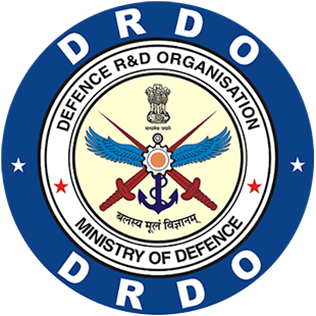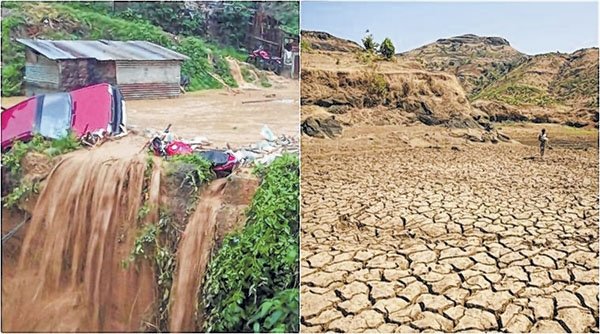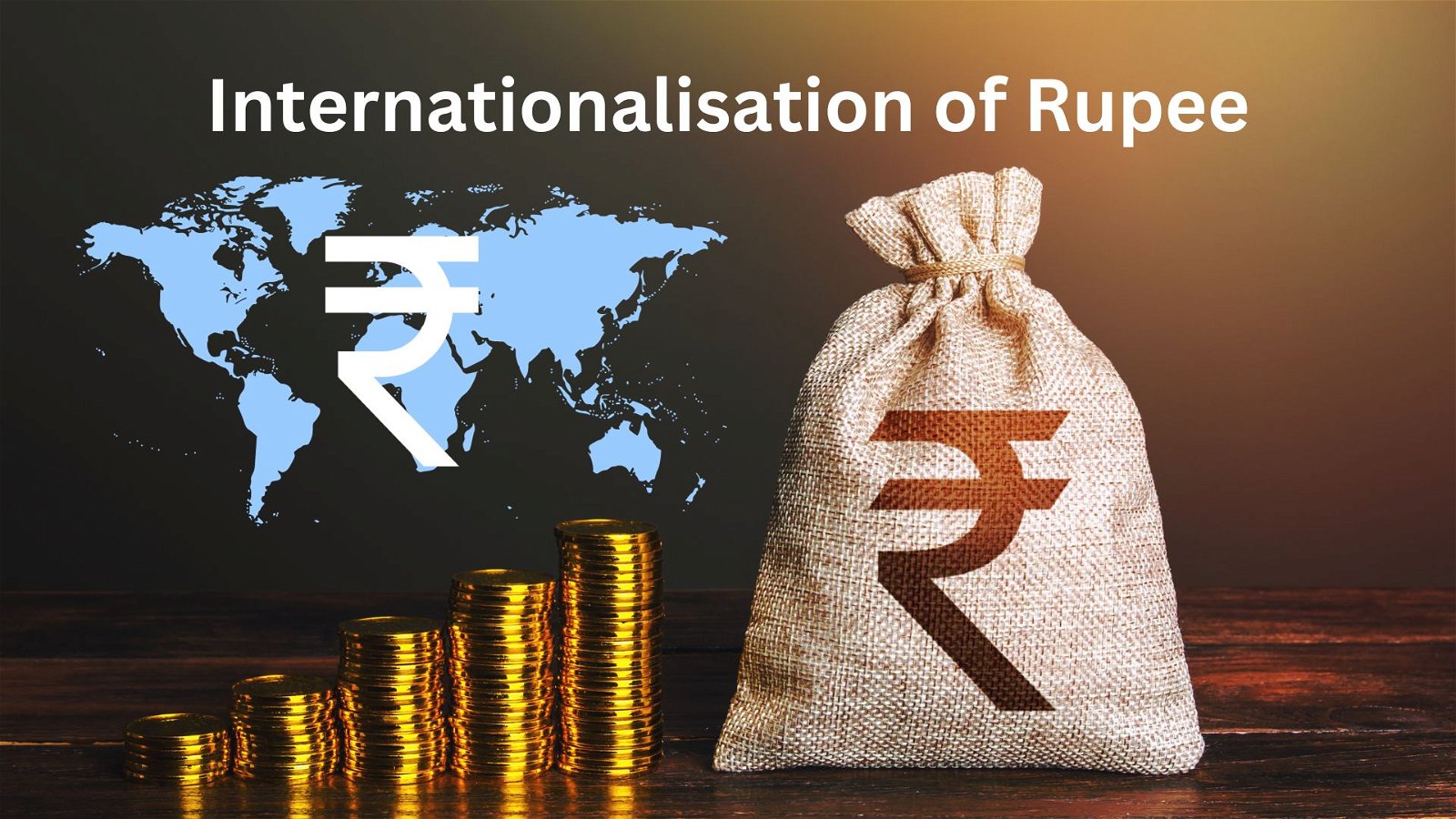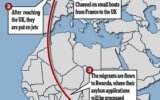
Tripartite Agreement between GoI, ULFA & Assam Government
Subscribers of "Current Affairs" course can Download Daily Current Affairs in PDF/DOC
Subscribe to Never Miss an Important Update! Assured Discounts on New Products!
Must Join PMF IAS Telegram Channel & PMF IAS History Telegram Channel
- Context (TH l PIB l IE): The pro-talks faction of the United Liberation Front of Asom (ULFA) signed a historic tripartite peace deal with the GOI and the state government of Assam.
- ULFA aimed to create an Independent and Socialist Assam through an arms struggle.
- ULFA claims that Assam was never a part of India as the Treaty of Yandabu was signed between two imperial powers (i.e. Burma and Britishers) without the involvement of the Assamese people.
Treaty of Yandabu
|
Tripartite Peace Agreement
Significance of the Deal
- The agreement between the pro-talks ULFA faction, the GOI, and the Assam state government marks a significant step towards peace.
Expert Opinions
- Experts view the deal as a positive development but acknowledge uncertainties regarding its completeness and effectiveness.
ULFA and Assam’s Struggle
Formation of ULFA
- The ULFA was established in 1979 by radical thinkers amidst growing concerns over the identity and resources of the indigenous Assamese population.
Cultural and Economic Shifts
- Assam’s tea, coal and oil economy attracted migrants from all over.
- The Partition and the subsequent exodus of refugees into the state from the erstwhile East Pakistan.
Assam Accord of 1985
- Aiming to resolve the issue of foreigners in Assam, the Accord responded to a prolonged mass movement but failed to address all concerns.
Four Decades of Violence and State Response
ULFA’s Armed Struggle
- The group sought a sovereign Assamese nation through armed conflict, resulting in kidnappings, extortion, and loss of life.
Operation Bajrang and AFSPA
- In response, the GOI launched Operation Bajrang in 1990, imposing President’s rule and the Armed Forces Special Powers Act (AFSPA) in Assam.
- The GOI banned the organisation 1990 under the Unlawful Activities (Prevention) Act, citing it as a terrorist organisation.
Internal Divisions and State Allegations
- ULFA faced internal divisions, with one faction (SULFA) surrendering and allegedly conducting state-backed ‘secret killings’ of other ULFA members.
ULFA’s External Support and Links
Camps in Neighboring Countries
- ULFA maintained camps in Myanmar, Bangladesh, and Bhutan, using them to train, shelter, and launch cross-border operations.
- The organisation established ties with the Nationalist Socialist Council of Nagaland (NSCN) in 1983.
Connections with Global Terror Groups
- The outfit established links with Islamic terror groups and Pakistan’s ISI, with its military chief reportedly meeting Osama Bin Laden.
- ULFA openly supported Pakistan during the Kargil War.
Efforts Towards Peace
Peace Talks
- In 2005, ULFA formed a ‘People’s Consultative Group’ for peace talks, but discussions broke down, leading to renewed violence.
- Post-2008, some ULFA commanders sought peace talks, leading to a significant organisational split.
Pro-Talks Faction’s Demands
- The pro-Talks faction submitted a 12-point charter of demands in 2012, leading to recent discussions and the historic tripartite peace agreement.
Operation All Clear
- In 2003, Operation All Clear was launched by the Royal Bhutanese Army, with the `logistical support’ of the Indian security forces.
- The objective was to clear southern Bhutan of camps of the ULFA, the National Democratic Front of Bodoland (NDFB), and the Kamatapur Liberation Organisation (KLO).
- Several senior ULFA, NDFB and the KLO leaders were captured and handed over to the Indian Army.




![PMF IAS Environment for UPSC 2022-23 [paperback] PMF IAS [Nov 30, 2021]…](https://pmfias.b-cdn.net/wp-content/uploads/2024/04/pmfiasenvironmentforupsc2022-23paperbackpmfiasnov302021.jpg)











